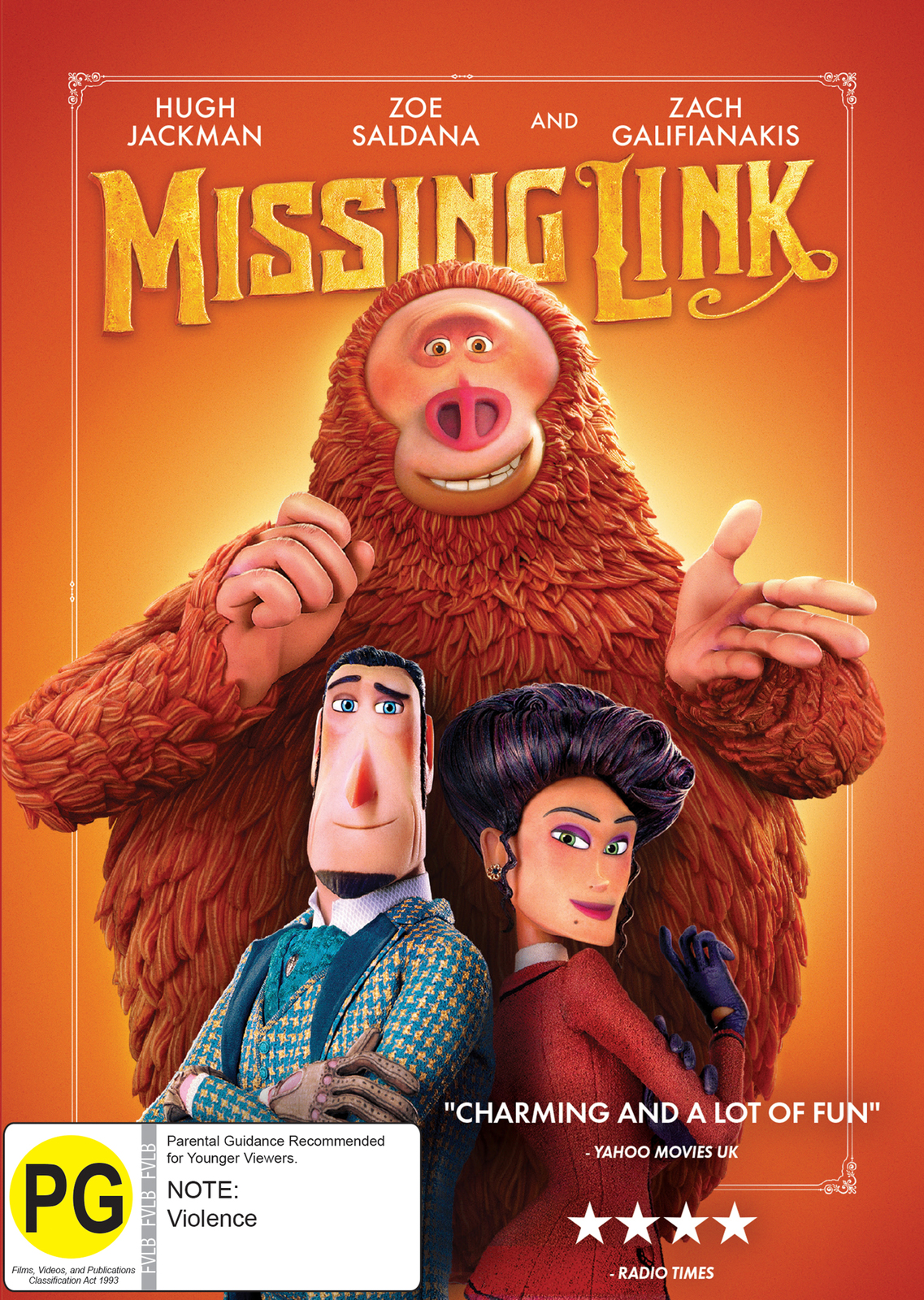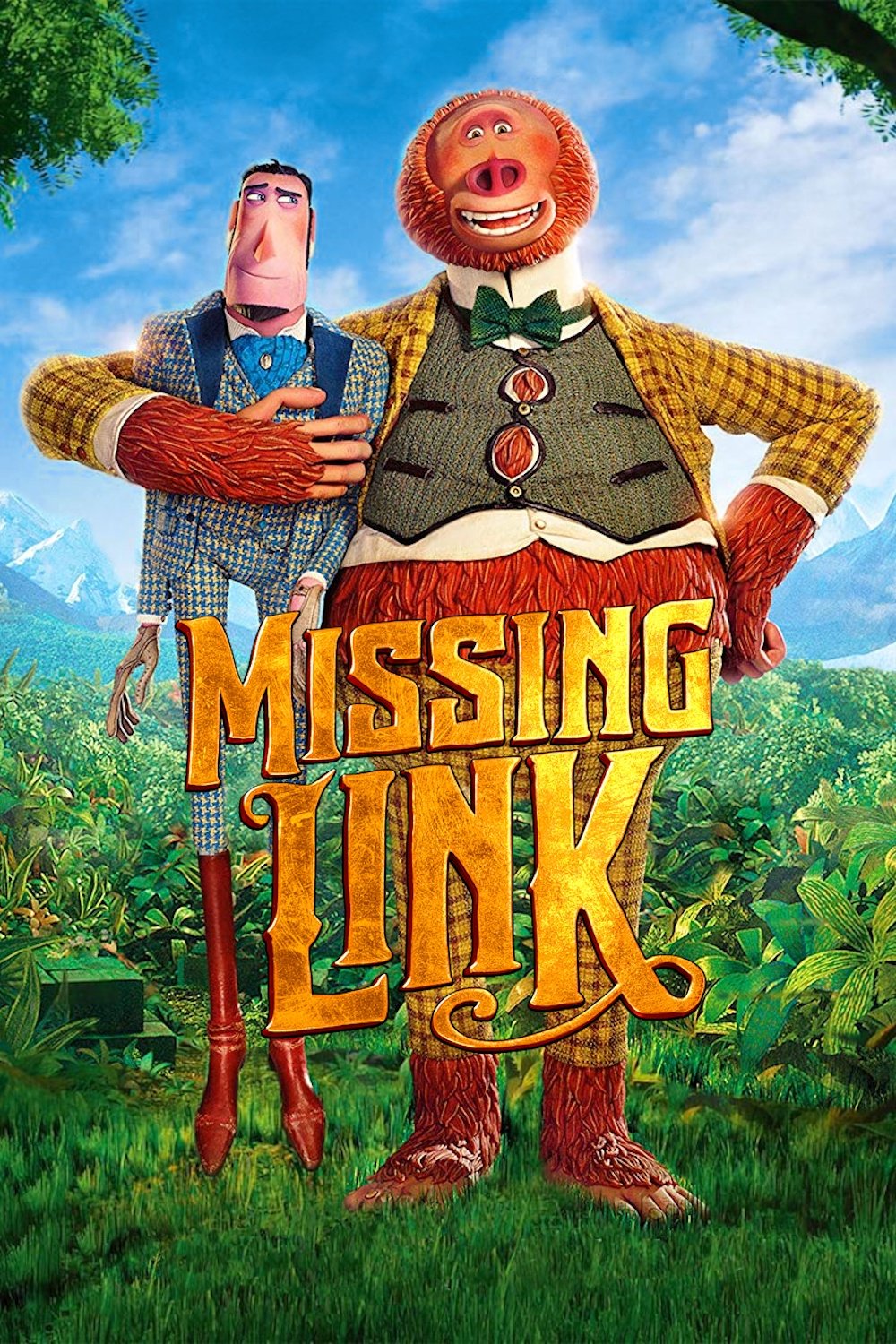

I was fortunate to have a client ask for multiple-hour sessions for a few days a week in hopes of igniting a breakthrough, which it did, and which I wrote a book about. The problem with psychotherapy is that it has yet to understand itself i.e., the experience of the client.

An even deeper dive is available in our article, “How Psychotherapy Lost its Magic.” Thanks to the gracious folks at the Psychotherapy Networker for making it available for all to read, regardless of whether they subscribe to the magazine or not.ĭirector, International Center for Clinical Excellenceįiled Under: Behavioral Health, Dodo Verdict, evidence-based practice, excellence, Feedback Informed Treatment - FIT, Therapeutic Relationship

While certain to cause controversy, I strongly suggested the field could learn from and gain by joining the larger community of healers outside of our field.īelow - thanks to the Erickson Foundation - you can see that speech, as well as learn exactly what people felt these alternative healers provided that made a difference. More, as I noted in my plenary address at the last Evolution of Psychotherapy conference, our own, large-Consumer Reports style survey, found people actually rated psychics and other “spiritual advisers” more helpful than therapists, physicians and friends. In sum, most cho ose not to go to psychotherapy because they are busy doing something else–consulting psychics, mediums, and other spiritual advisers–forms of healing that are a better fit with their beliefs, that “sing to their souls.”Īctually, reports show more people attend and pay out of pocket for such services than see mental health practitioners! Our conclusion? The secular constructions, reductionistic explanations, and pedestrian techniques that so characterize modern clinical practice fall flat, failing to offer people the kinds of experiences, depth of meaning, and sense of connection they want in their lives. We reviewed the research, consulted experts, and interviewed scores of potential consumers. WHY? Mountains of research published over the last four decades document the effectiveness of the “talk therapies.” With truly stunning results, and a minimal side effect profile compared to drugs, why do most never make it into a therapist’s office?įor the last two years, my longtime colleague, Mark Hubble and I, have explored this question. And finally, beyond instant gratification or corporate greed, many point to social disapproval or stigma as a continuing barrier to people getting the help they need.įor all that, were psychotherapy held in high regard, widely respected as the way to a better life, people would overcome their hesitancy, put up with any inconvenience, and choose it over any alternative. Big Pharma has obliged, using their deep pockets to market “progress in a pill.” No work required beyond opening wide and swallowing. Another common refrain is nowadays people are looking for a quick fix. Insurance companies, in the best of circumstances, make access to and payment for psychotherapy an ordeal. And nowadays, fewer and fewer are turning to psychotherapy-33% less than did 20 years ago-and a staggering 56% either don’t follow through after making contact or drop out after a single visit with a therapist (Guadiano & Miller, 2012 Marshall, Quinn, & Child, 2016 Swift & Greenberg, 2014).įor those on the front line, conventional wisdom holds, the real problems lie outside the profession. Epidemiological studies consistently show, for example, the majority of people who could benefit from seeing a therapist, do not go. Despite being on the scene for close to 150 years, the field of mental health–and psychotherapy in particular–does not, and never has had mass appeal.


 0 kommentar(er)
0 kommentar(er)
